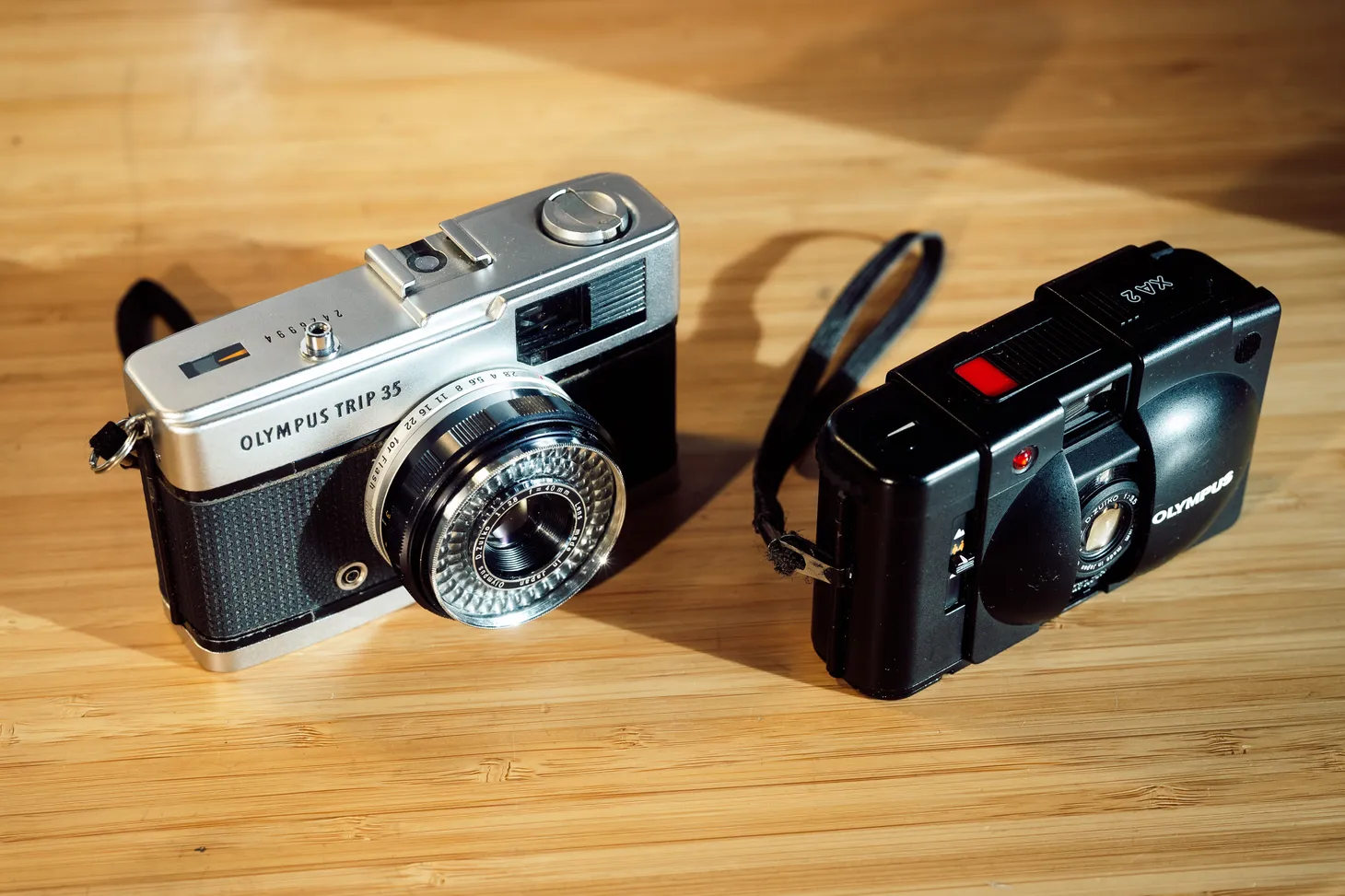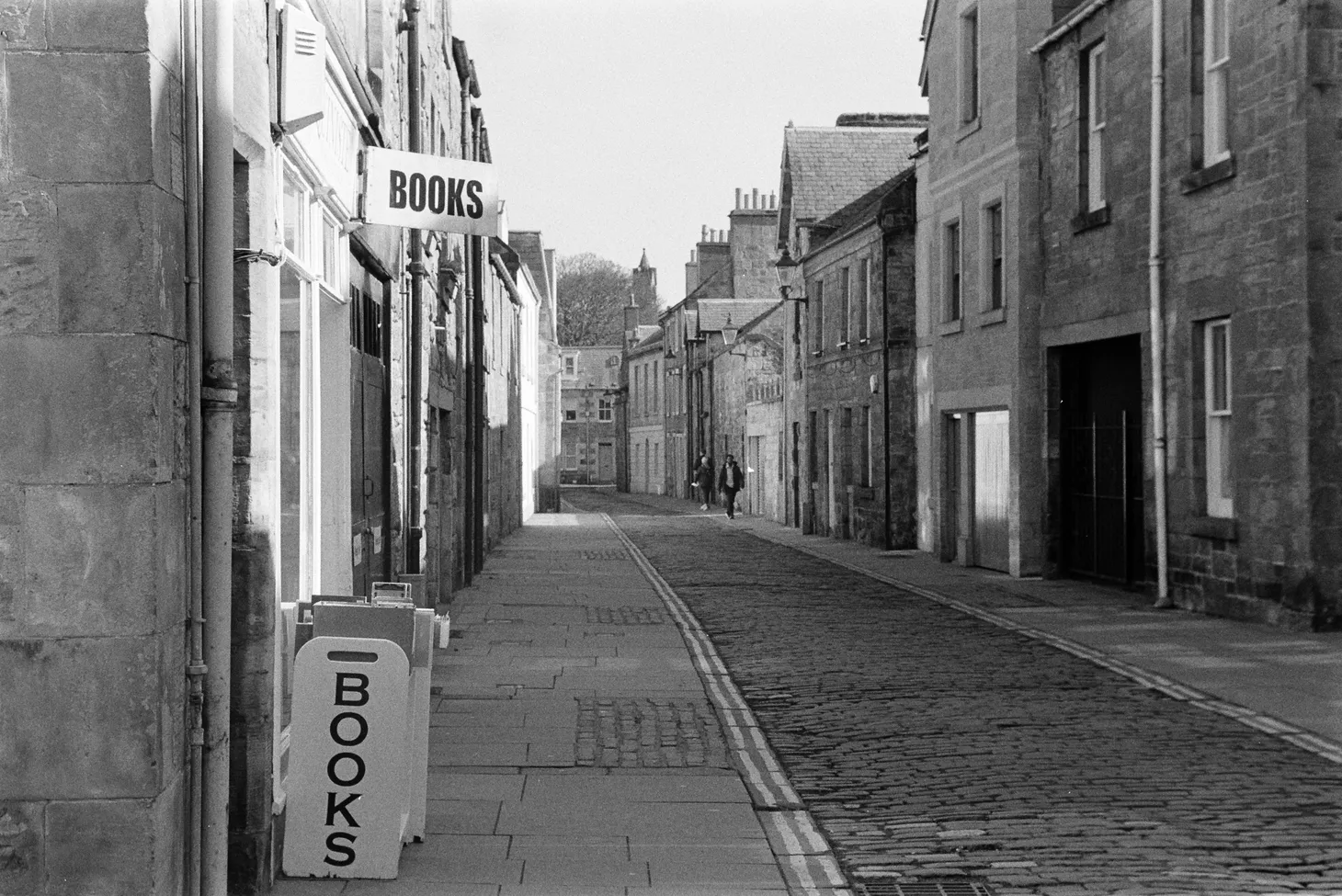There will always be gatekeepers

When modern indie publishing took off, writers rejoiced that there were no longer any ‘gatekeepers’ – arbiters of quality perceived to stand between a writer and success. In the old days that meant traditional publishers, who rejected the vast majority of submissions, but the gatekeepers are still there – and the definition of success is changing.
How things used to be
Before modern indie publishing, the only accepted way of getting your book read was to approach publishers. The process was long and gruelling. Writers saw repeated rejection as part of the game; often, the publisher would be so snowed under with submissions that they would not even be able or willing to send a rejection letter.
But what kept us going was that one-in-a-million chance of success. I remember what it felt like to accumulate rejection letters for my first novel. For years, I thought that maybe, just maybe, I had a chance of success. That’s what kept me writing.
So this is what things looked like for many years: a vast multitude of unpublished hopefuls, one or two of whom would occasionally break through into the next level – and hit the jackpot, right?
Not quite. Many new authors with a publishing contract would fail to earn out their advance. Some would carve out sustainable (if not particularly lucrative) careers as mid-list authors, but only a few would become the rich and famous best-sellers.
As a system, many writers thought it sucked. They saw the vanishingly low chances of success, and they despaired – cursed the draconian gatekeepers in the publishing industry. But, actually, it served readers quite well. The old system recognised the fact that there was a market only for a finite number of new books each year, and the enormous wealth of talent and experience in the publishing industry helped to ensure that output quality remained high. It wasn’t perfect – certainly not if you were an unknown and unpublished writer – but things ticked along. And it helped to keep writers focused on their craft, because they knew only the best work stood a chance of success.
Then came the great disrupter, Amazon.
The new self-publishing
Self-publishing has always been around, but before the digital age it worked for no-one. The economics of printing, and the logistics of distribution, made it useless for most – and besides, there was a huge amount of stigma associated with it. Self-publishing was ‘vanity’ publishing for desperate writers not good enough to get a real publisher.
Amazon changed everything. The Kindle Direct Publishing (KDP) platform gave writers the tools they needed to reach readers directly. Standardised e-books could be advertised and sold through Amazon’s web store, and most of the profits went directly to the author – unlike in trad publishing, where most of the profits go to the publisher.
Suddenly, it was perceived that the gatekeepers had disappeared. You didn’t have to waste years playing rejection-letter bingo any more. A few writers achieved stratospheric success through KDP and the gold rush was on.
Soon, print-on-demand services were added to the indie author’s toolkit. The economics of paperback printing now worked at any scale – and most POD services could even distribute to popular online bookstores such as Amazon and Waterstones.
But the gold rush was short lived. Writers flooded the Kindle platform, and gradually people figured out that it isn’t always a good idea just to publish and be damned. Poorly written, badly edited books with terrible cover designs were everywhere. And they weren’t selling.1
Part of the problem is that indies don’t have access to the skills and experience that publishers have always brought to the table. You have more control when you self-publish, but you also have to seek professionals, usually freelancers (like me) to help you edit and design your book. A good book will have more than one editor involved in the process – or at least a team of beta readers and an editor – and of course a professional cover designer. Some writers think they can do all this themselves, because the cost all adds up, but the truth is that even the most experienced and accomplished writers need editors. And even if you think you know what your book’s cover should look like, there’s a good chance that your home-made cover will look awful.
I believe it’s the duty of every writer to only publish work of the very best quality they are capable of. Publishing a lousy book just because you can harms us all. I think in the last few years there has not been enough focus on the craft of writing, and too much focus on attracting readers. The fact is that quality writing should (and must) always come first. Publishing may be ‘easy’ now, but there are still no shortcuts to success – it’s just that you now have a choice of route.
The new gatekeepers
When publishers were the sole legitimate means of getting published, the reader knew that if a book was on sale then it met certain criteria. It may not have been a ‘good book’, but it had been through a certain editorial process, multiple pairs of eyes had checked for errors, and there was a team of people responsible for making the book a success. Therefore readers had a certain degree of trust in the quality of commercially available books.
Now there are no barriers to publication. Anyone can do it, and nobody is going to check if your book is edited before it hits the shelves. Nobody is responsible for the cover design but you.
This is incredibly empowering and has resulted in a new golden age of literary creativity, but it has also resulted in readers losing trust in the quality of indie books. The stigma against self-publishing is fading, but when millions of books are being published all the time, and many of them are of extremely poor quality, the average quality declines.2
So who are the gatekeepers now? Readers.
Readers will not buy your book if the cover was amateurishly scrawled in Microsoft Paint, or if the blurb isn’t compelling. They won’t read your book if the free sample is littered with typos. And if they read it only to find 30% of the text should have been cut, the dialogue is rubbish, and key facts about main characters change for no apparent reason half way through, they’ll come back to the book’s page on Amazon and give you a one-star review. Get too many bad reviews and your book will sink in Amazon’s ranking system and become invisible.
To an extent, this is a self-regulating system: bad books disappear, while good ones (theoretically) rise to the surface. But it doesn’t always work, because price wars are undercutting the value of e-books and many authors are struggling to get fair pay in exchange for their work. Is a novel worth more than £1.99? I think so, but that seems to have become the new maximum readers are willing to pay for a self-published book by a writer they haven’t heard of. They’ve been stung by poor-quality indie books before and they don’t want to take the risk.
I think the answer is to focus on the quality of the writing, even if it feels like swimming against the tide. Because if honing your craft becomes the new normal, rather than just publishing whatever you happen to have written just because you can, then literature in general will improve and flourish.
If all this sounds like a rant, you might be taking it in the wrong spirit. It’s hard being a writer – really hard – and sometimes writers are guilty of wanting everything their own way. The truth is that it has to work for the reader too. Amazon KDP is still an amazing tool, but those of us in it for the long haul have figured out that self-publishing is just as difficult as going with a trad publisher. The number of new books is increasing faster than the number of new readers, and it is more difficult than ever before to convince a reader that your book is the one they should buy.
So the bad news is that there is no such thing as a publishing world without gatekeepers. The good news is that, nowadays, the choices are entirely yours, the tools are there to help you publish and find readers, and it’s certainly possible to attract huge and loyal readerships. But it won’t happen without a huge amount of hard work – and focusing on the craft of your writing is as important now as it has ever been.
- Don’t get me wrong – there are many absolutely superb indie books, written and edited to a high standard and professionally produced. But even other indies will acknowledge there’s a huge amount of rubbish out there too. ↩︎
- Still don’t believe me that these awful books actually exist? Have a browse through http://lousybookcovers.com . ↩︎
Alex Roddie Newsletter
Join the newsletter to receive the latest updates in your inbox.




